Our Member Spotlights feature our incredible members across the world, rehabilitating baby penguins in South Africa, sea turtles in Cyprus, bats in the United States, brown bears in Kosovo, and beyond. We invite you to visit our map to meet more members and click here if you are an IWRC member who would like to...
Category: Wildlife Rehabilitation Around the World
2020 National Veterinary Technician Week
In the United States, October 11th to October 17th, 2020 is National Veterinary Technician Week, which according to the American Veterinary Medical Association, “provides an opportunity to recognize veterinary technicians’ contributions.” Not every wildlife rehabilitator is or has a veterinary technician. However, technicians are certainly part of the wildlife rehabilitation process whether they are on your...
IWRC Member Spotlight: Kristina Madarang Stahl
Our Member Spotlights feature our incredible members across the world, rehabilitating baby penguins in South Africa, sea turtles in Cyprus, bats in the United States, brown bears in Kosovo, and beyond. We invite you to visit our map to meet more members and click here if you are an IWRC member who would like to be featured. Name: Kristina...
IWRC Member Spotlight: Frances Bell RVN, DipVNZS, CWR
Our Member Spotlights feature our incredible members across the world, rehabilitating baby penguins in South Africa, sea turtles in Cyprus, bats in the United States, brown bears in Kosovo, and beyond. We invite you to visit our map to meet more members and click here if you are an IWRC member who would like to be featured. Name: Frances...
IWRC Member Spotlight: Michelle Watson
Our Member Spotlights feature our incredible members across the world, rehabilitating baby penguins in South Africa, sea turtles in Cyprus, bats in the United States, brown bears in Kosovo, and beyond. We invite you to visit our map to meet more members and click here if you are an IWRC member who would like to be featured. Name: Michelle...
IWRC Member Spotlight: Letitia Labbie
Our Member Spotlights feature our incredible members across the world, rehabilitating baby penguins in South Africa, sea turtles in Cyprus, bats in the United States, brown bears in Kosovo, and beyond. We invite you to visit our map to meet more members and click here if you are an IWRC member who would like to be featured. Name: Letitia...
IWRC Member Spotlight: Lebanese Wildlife
Our Member Spotlights feature our incredible members across the world, rehabilitating baby penguins in South Africa, sea turtles in Cyprus, bats in the United States, brown bears in Kosovo, and beyond. We invite you to visit our map to meet more members and click here if you are an IWRC member who would like to be featured. Name: Samara...
Happy National Zoo Keeper Week! What does this have to do with wildlife rehabilitation?
This week (July 19th through 25th) the American Association of Zoo Keepers celebrates National Zoo Keeper Week (NZKW), focusing “on the need to protect and preserve our wildlife and vanishing habitats via conservation messages created by their institutions.” The debate about wildlife in captivity is a complicated issue that is being talked about more and...
Fire Season Tips: Triage
(Part II of a short series) Animals in fires suffer from direct thermal injury as well as injuries from inhalation of chemicals and particulate debris. Certainly burns to the skin are the most obvious, but burns and damage to the respiratory tract from smoke inhalation should not be underestimated. If an animal is close enough...
Fire Season Tips: Preparation
Use the following tips to help get yourself and/or your center ready for fire season. Make or review your plan; Organize emergency information; Do a facility check; Know the terrain; Have a drill...click title to continue reading.
